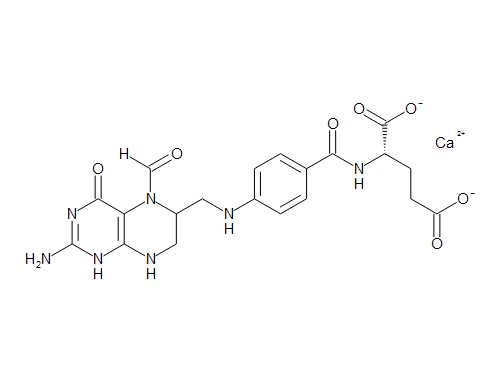A new study into a nasal spray has been showing some positive results in children with autism, showing an improvement in social skills.
A small clinical trial utilizing the hormone oxytocin has been showing some positive results in children with autism, boosting their social skills. Many people have labeled Oxytocin as the ‘love hormone.’ The results of the trial recently appeared in the Proceedings of the National Academy of Sciences.
While some studies in people have been inconsistent, clinical trials on animals have been much more successful. While some trials have shown positive results, others have proved to offer minimal to no benefits to the people undertaking the trial. The results could be influenced by how each person is affected by autism differently to other people. During this study, researchers tried to identify the different subsets and how the hormone affected each subset differently.
As part of their study, they discovered that children that had higher levels of Oxytocin had better social skills. They also discovered that children affected by autism with lower levels of Oxytocin before treatment responded to the hormone better than people with higher levels of Oxytocin at the start of the trial.
“We need to be thinking about a precision-medicine approach for autism,” says Karen Parker, associate professor of psychiatry at Stanford University in California, who co-led the study. “There’s been a reasonable number of failed [oxytocin] trials, and the question is: Could they have failed because all of the kids, by blind, dumb luck, had really high baseline oxytocin levels?”
The study marks the first successful attempt to find a biological marker that predicts response to the therapy.
“This study is suggestive of a hormonal-based biomarker for oxytocin treatment, which makes sense and is a promising step forward,” says Adam Guastella, professor of psychology at the Brain and Mind Centre at the University of Sydney in Australia, who was not involved in the study.






